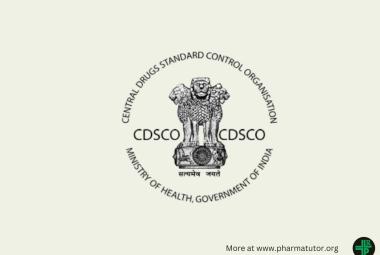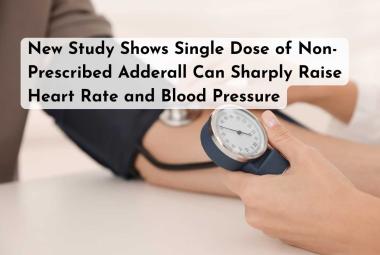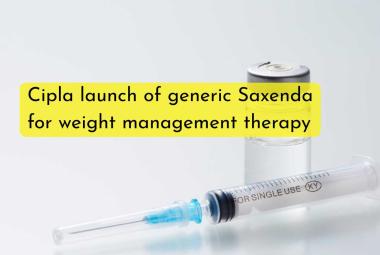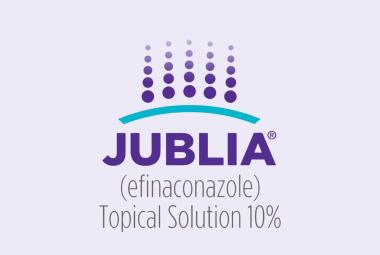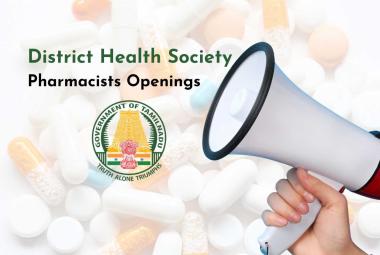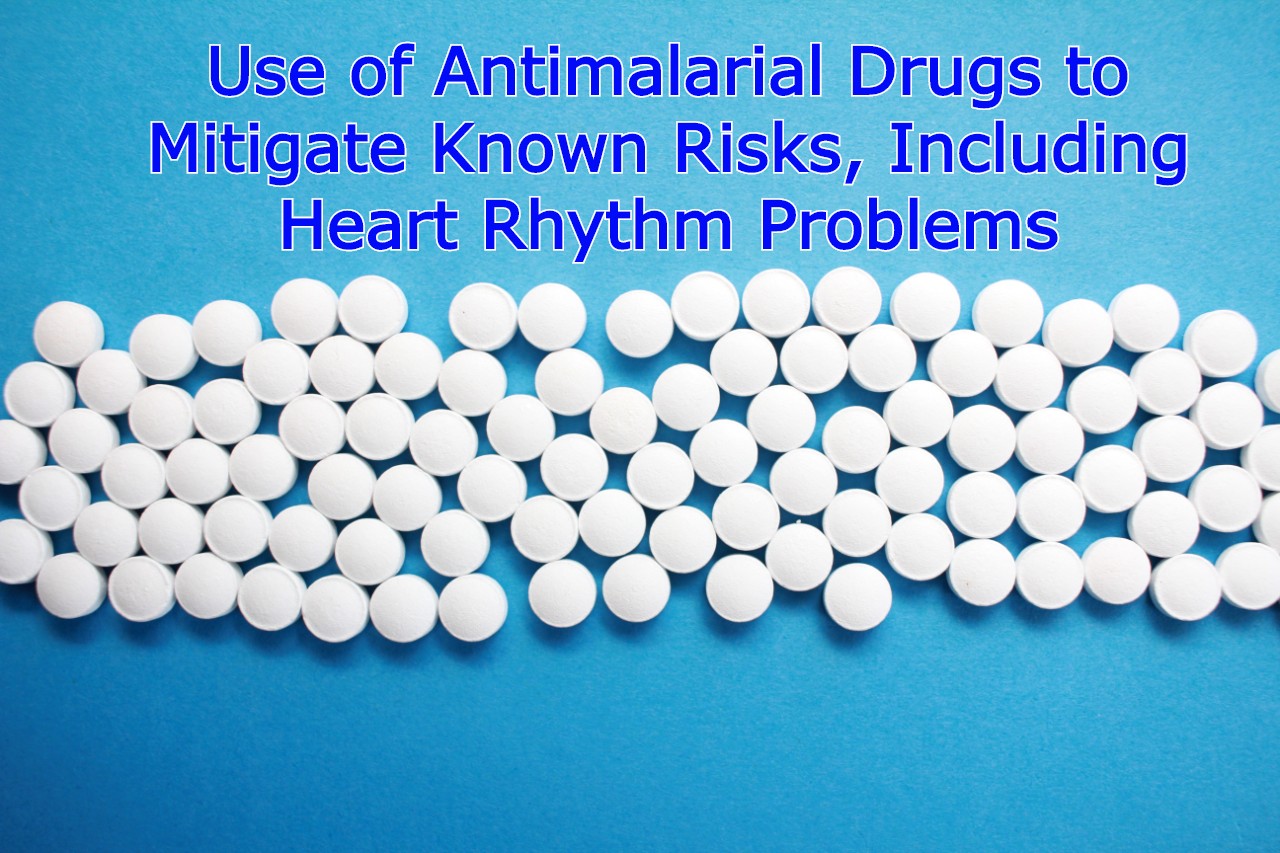
U.S. Food and Drug Administration issued a Drug Safety Communication regarding known side effects of hydroxychloroquine and chloroquine, including serious and potentially life-threatening heart rhythm problems, that have been reported with their use for the treatment or prevention of COVID-19, for which they are not approved by the FDA. These risks, which are in the drug labels for their approved uses, may be mitigated when health care professionals closely screen and supervise these patients such as in a hospital setting or a clinical trial, as indicated in the Emergency Use Authorization (EUA) for these drugs to treat COVID-19.
The FDA has issued an EUA to allow hydroxychloroquine and chloroquine products donated to the Strategic National Stockpile (SNS) to be distributed and used in limited circumstances, such as for certain hospitalized patients with COVID-19. These drugs are able to be distributed from the SNS to states for doctors to prescribe to adolescent and adult patients hospitalized with COVID-19, as appropriate, when a clinical trial is not available or feasible. The EUA requires that fact sheets with important information about using these drugs in treating COVID-19, including the known risks and drug interactions, as well as appropriate screening and monitoring, be made available to health care providers and patients.
Hydroxychloroquine and chloroquine are FDA-approved to treat or prevent malaria. Hydroxychloroquine sulfate is also FDA-approved to treat lupus and rheumatoid arthritis. These medicines have not been proven safe or effective for treating COVID-19. However, clinical trials are underway and additional trials are being planned to determine if these drugs can benefit patients with COVID-19. These trials are also examining whether the drugs can prevent COVID-19 among health care workers, first responders or people who have been in close contact with someone with COVID-19.
Once the FDA has approved a drug, health care providers generally may prescribe or administer the drug for an unapproved use, including in clinical settings not described in the approved labeling. This decision will be based on their assessment of the potential benefits versus the risks for their patient, recognizing that the FDA has not assessed the safety or effectiveness of such use. For this reason, it is important that health care providers are aware of the risks of serious and potentially life-threatening heart rhythm problems that can occur with these drugs and are included in the drug labels for their approved uses.
As noted in the Drug Safety Communication, the FDA has reviewed – and continues to investigate – case reports in the FDA Adverse Event Reporting System database, published medical literature and the American Association of Poison Control Centers National Poison Data System concerning serious heart-related adverse events and death in patients with COVID-19 receiving hydroxychloroquine and chloroquine, either alone or combined with the antibiotic azithromycin or other medicines. These adverse events included abnormal heart rhythms such as QT interval prolongation, dangerously rapid heart rate called ventricular tachycardia and ventricular fibrillation, and in some cases, death. Patients who also have other health issues such as heart and kidney disease are likely to be at increased risk of these heart problems when receiving these medicines.


